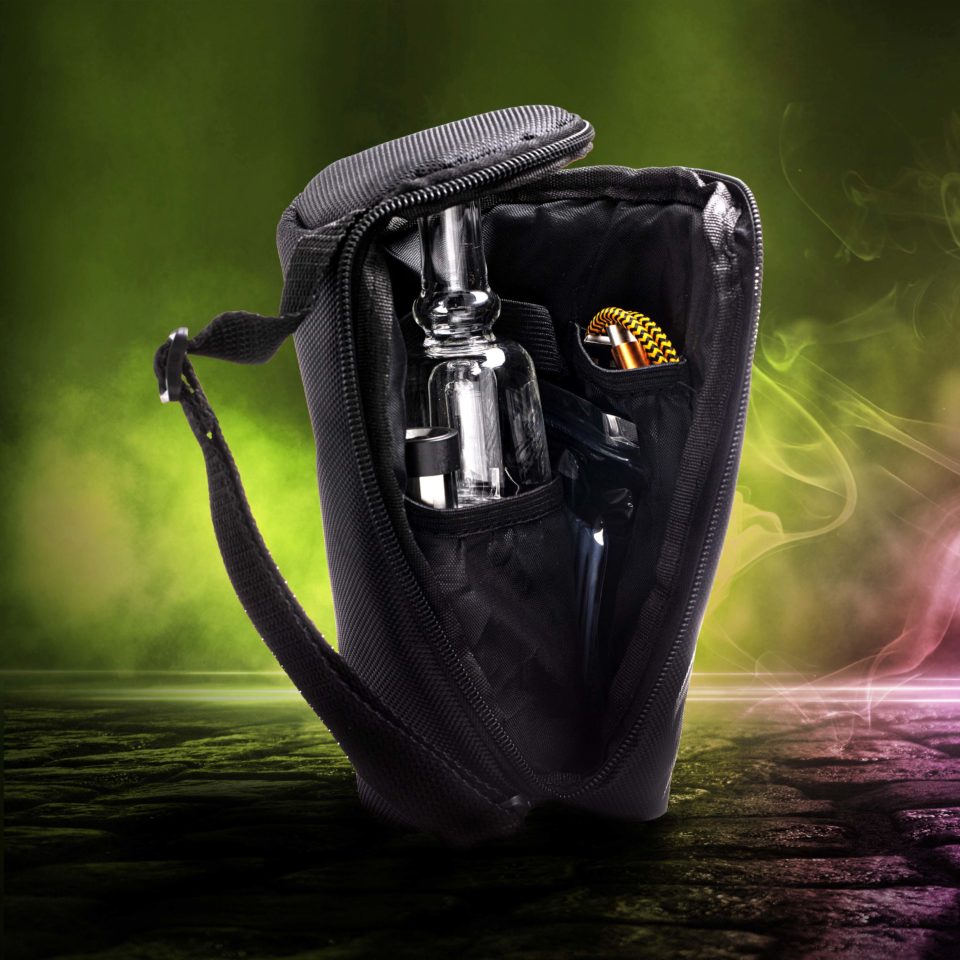Photo: Aerial view of Georgia-Pacific fiber processing factory in Lumberton, NC. Photo courtesy of Bast Fibre Tech.
By Jean Lotus
Canadian clean tech fiber engineering firm Bast Fibre Tech announced last week the company was purchasing a 65-acre natural fiber processing facility in Lumberton, NC from international paper giant Georgia-Pacific.
The Victoria, BC company processes natural bast fibers from hemp, jute, flax and kenaf for the growing market for sustainable nonwovens, including disposable wipes, Jason Finnis, the company’s VP and chief technical officer, told Let’s Talk Hemp.
A “seismic shift away from synthetics” is occurring in single-use cosmetic wipes and non-woven materials, which are usually made of polyester or polypropylene, Finnis said. “There’s a massive demand among brands and governments for natural, plant-based disposable wipes for babies and cosmetics, to move away from plastic supply chains,” he added.
Industries are looking for natural alternatives, and unfortunately “almost exclusively they look to the forests,” Finnis said. “They look to a paper or they’re looking to viscose or lyocell regenerated cellulose (from wood pulp)” to get rid of or to replace the plastic demand.
Bast Fibre Tech utilizes quick-growing bast fiber crops to create the raw materials in a much faster-growing, renewable resource. After many years of research and fiber processing, the company is confident that the bast fibers are a “plug and play” solution for non-wovens.
“We can take a rather rough and dirty raw material and transform it into a very clean, very soft, highly useful usable fiber in the non-woven industry,” Finnis said.
“Bast” is the technical term for the outer fibrous bark layer of the industrial hemp stalk. Bast fibers have been used by mankind for centuries to make textiles – such as canvas sails– and rope. More recently, bast fibers have been used by luxury car manufacturers like BMW for light-weight car panel filling and by builders for hemp-fiber insulation batts.
The Lumberton factory, which employs about two-dozen people, currently processes cotton for cosmetic, filtration, hygiene and nonwovens. The company intends to expand the facility and incorporate bast fiber from hemp and flax – grown locally in North Carolina – adding it to the fiber mix.
“We want to be able to support local farmers. We want to be able to support local decorticators,” Finnis said. “With the acquisition of this facility and our ability to process significant quantities of fiber, it should give some comfort to farmers and processors that there is a market for their fiber,” he added.
“Grow local, process local, sell local,” is the company’s core mission, said Noel Hall, the company’s CEO and chairman, said in a statement.
Beginning in 2019, Bast Fibre Tech partnered with Georgia-Pacific to license a suite of exclusive global patents using bast fibers in a variety of nonwoven products and processes, the company said.
End buyers of the moisture-absorbent fibers are large scale consumer brands looking to boost the sustainability of their nonwoven products such as cleaning and baby wipes.
The North Carolina plant represents a milestone in the company’s mission to “build out significant manufacturing capacity while supporting the vast potential of North American grown hemp and flax,” said BFT President Jim Posa in a statement.
Last fall, the company also acquired a German textile fiber processing company in Tönisvorst, outside of Dusseldorf, that produces hemp and flax fiber for the European market, Finnis said.
In May, 2021 the privately held company announced a round of Series A equity financing for $7 million with the help of hemp-investors Merida Capital Holdings.
Finnis himself started out in the hemp industry importing hemp fabric from China and selling hemp t-shirts to festivals and small shops in the 1990s when growing industrial hemp in North America was prohibited,” he said. Finnis and his colleagues built that company into a multi-million dollar business selling hemp, organic cotton and flax textiles and products to large corporations such as Costco and Starbucks, he said.
But pure hemp textiles at the time were “itchy” and that led Finnis’s interests toward “focusing on the fiber and making the fiber right.”
Bast Fibre Tech started in 2016. Now, after decades of experience in all facets of the industry, Finnis says the timing is right to push the hemp industry forward.
“There’s always been a desire for farmers to grow hemp,” Finnis said. “There’s always been a desire from companies to buy it, but the supply chain in the middle of decortication and upgrading of that fiber is what’s been missing. The opportunities are confirmed and now we just have to put our backs into it to get the supply chain infrastructure built,” he added.
“Our acquisition of this Lumberton cellulose plant is a massive step forward for the hemp industry.”
# # #
Jean Lotus is a Colorado-based award-winning journalist and hempreneur who writes about the American West and sustainable food and technologies.
The post Hemp Fiber Tech Company Acquires 65-acre NC Factory from Georgia-Pacific first appeared on Let’s Talk Hemp.


